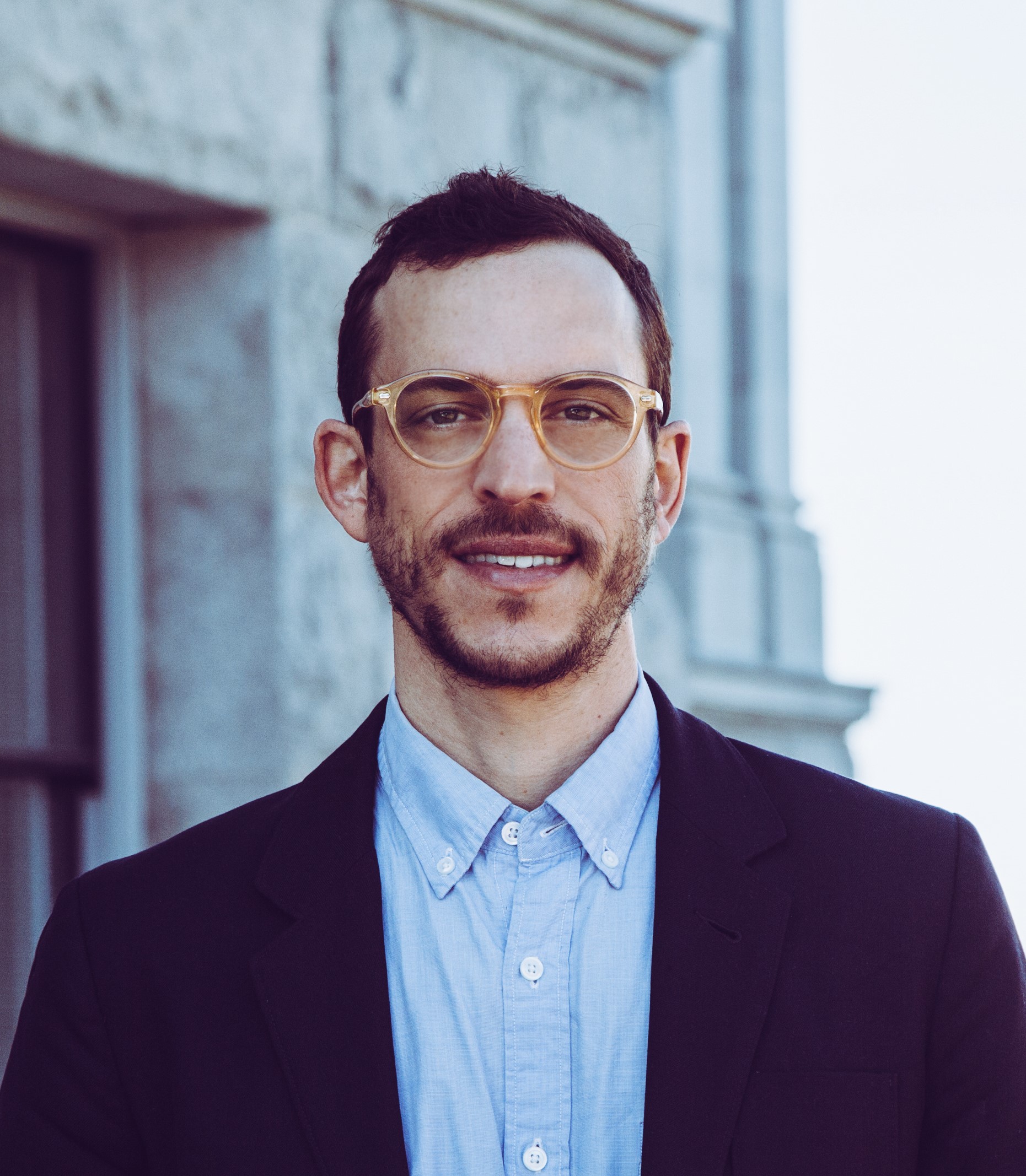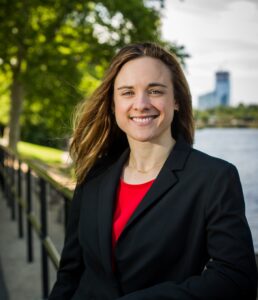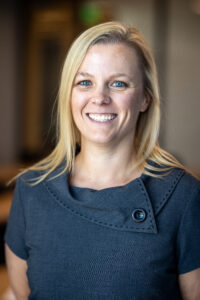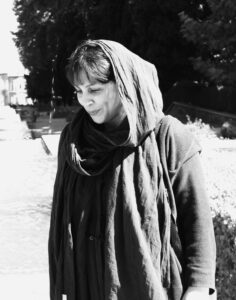The University of Utah has a rich research history. Thanks to its students, faculty, staff and shareholders, research at the U will only continue to grow, bringing innovations and discoveries to our society.
With this in mind, the Office of the Vice President for Research (VPR) and Office of Sponsored Projects (OSP) are showcasing different researchers to spotlight our university’s studies and potential breakthroughs. Here are the U’s Research Groundbreakers.
Dr. Eric Herschthal — 2023-2024 Huntington Fellow for Carbon Conscripts: Slavery and the Origins of Climate Change
 Dr. Eric Herschthal was awarded the Huntington Fellow for 2023-2024. In recent years, scholars working across the humanities have critiqued the term the “Anthropocene” — the proposed scientific name for our current geological era, in which humans have become the main drivers of planetary change through global warming — for the way it universalizes and conceals the ways slavery, colonialism, and capitalism contributed to the current climate crisis. But the idea that these intertwined historical forces, and racial slavery in particular, may have played a meaningful role in the origins of human-induced climate change remains a theoretical conjecture, rather than an empirically tested idea.
Dr. Eric Herschthal was awarded the Huntington Fellow for 2023-2024. In recent years, scholars working across the humanities have critiqued the term the “Anthropocene” — the proposed scientific name for our current geological era, in which humans have become the main drivers of planetary change through global warming — for the way it universalizes and conceals the ways slavery, colonialism, and capitalism contributed to the current climate crisis. But the idea that these intertwined historical forces, and racial slavery in particular, may have played a meaningful role in the origins of human-induced climate change remains a theoretical conjecture, rather than an empirically tested idea.
Using the plantation economy of the Anglo-American Atlantic World between the seventeenth and nineteenth centuries as its primary lens, Carbon Conscripts deploys a carbon accounting method developed with climate scientists to determine whether slave plantations significantly increased the early modern West’s carbon footprint. Comparing the carbon emissions of the major slave-grown commodities to non-slave-grown commodities, as well as the industries slave plantations nourished — from the livestock and wheat industries in the northern American colonies, to the coal industry in England — Carbon Conscripts demonstrates that slave plantations dramatically accelerated the rate of emissions of the early modern British and American empires, crystallizing a form of racial capitalism that set the foundations for an increasingly carbon intensive world.


Drs. Valerie Vaughn and Julia Szymczak — Agency for Healthcare Research and Quality Grant (R01) for Combating Antibiotic-Resistant Bacteria from the Agency for Healthcare Research and Quality
The Department of Internal Medicine and Utah Quality Advancement Laboratory was recently awarded a Large Research Grant (R01) for Combating Antibiotic-Resistant Bacteria (CARB) from the Agency for Healthcare Research and Quality (AHRQ). Drs. Valerie Vaughn (Director of Hospital Medicine Research, Division of General Internal Medicine) and Julia Szymczak (Division of Epidemiology) were lead writers of the grant application.
The grant funds the “ROAD Home” trial to Reduce Overuse of Antibiotics at Discharge from the hospital. Antibiotic overuse at hospital discharge is common and increases side effects to patients after they leave the hospital. In the US, antibiotics prescribed at discharge account for half of antibiotic use—and up to 90% of overuse—related to hospitalization. ROAD home is a 40-hospital trial that tests a tailored approach to help diverse hospitals—even those with fewer resources—improve discharge antibiotic prescribing so that all patients have equitable access to the benefits brought by antibiotic stewardship.
“We are thrilled to continue building on the strong work done by UQuAL to improve patient care,” said Vaughn. “What I’m most excited about is that this will help those hospitals most in need — those with limited resources and stewardship infrastructure — so that we can improve antibiotic use equitably.”
“This study represents an important innovation in antibiotic stewardship research, which has tended to take a one size fits all approach to improving prescribing,” Szymczak said. “Instead, we are providing support to hospitals to help them select a strategy that is personalized to their needs. I’m most excited to demonstrate the impact of UQuAL’s interdisciplinary and pragmatic approach to improve patient care across many hospitals.”
Dr. Shundana Yusaf — 2023 Clark Fellow (Kaleta A. Doolin Foundation Fellowship) for the manuscript of Resonant Tomb: A Feminist History of Sufi Shrines in Pakistan
 Associate Professor Shundana Yusaf at the School of Architecture is the 2023 Spring fellow at Clark Art Institute in Williamstown, Massachusetts. She is named as the first Kaleta A. Doolin Foundation Fellow. She joins the roster of distinguished art historians, critics, and museum professionals whose work has been supported by the Institute since 1997.
Associate Professor Shundana Yusaf at the School of Architecture is the 2023 Spring fellow at Clark Art Institute in Williamstown, Massachusetts. She is named as the first Kaleta A. Doolin Foundation Fellow. She joins the roster of distinguished art historians, critics, and museum professionals whose work has been supported by the Institute since 1997.
During her residency, Yusaf completed the manuscript of Resonant Tomb: A Feminist History of Sufi Shrines in Pakistan. The book offers a new research method for writing subaltern women into the history of Islamic architecture. More specifically, it describes feminist placemaking and placekeeping with auditory practices (weeping, sweeping, singing, chanting and more). These are studied in funerary structures of Muslim mystics from the 13th century to the present. Yusaf theorizes sound as an architectural material and sound making as architectural labor. Built by kings and governors to great saints, today the main keepers of Sufi shrines are poor women. The study frames their physical spaces and soundscapes as sites of 800 years of feminist movement from below, in the global south. This history has been staring us in the face for centuries but patriarchal notions of women’s spatiality in Islam and the western conceptions of feminist movement have blinded us to its valence.
